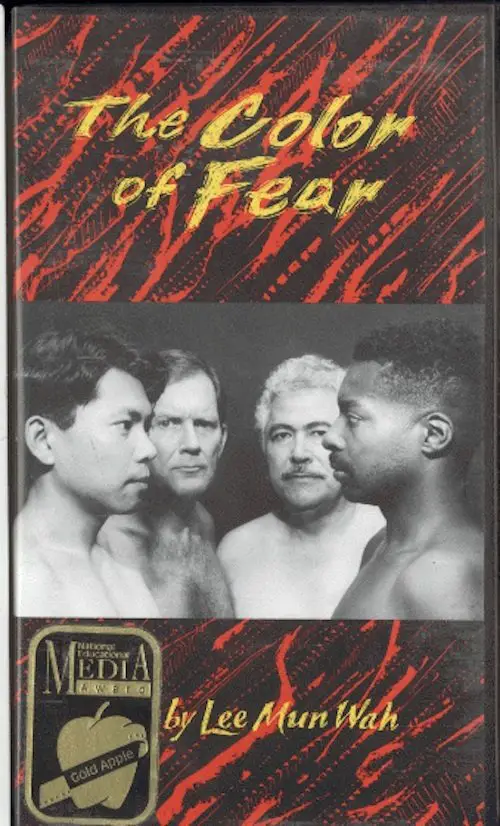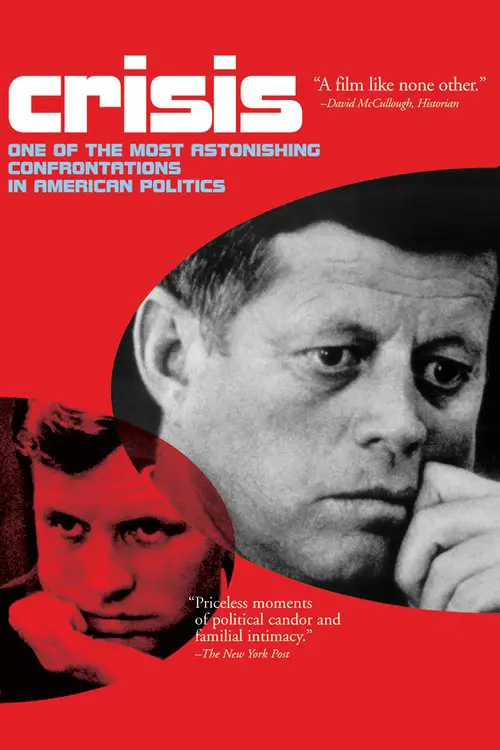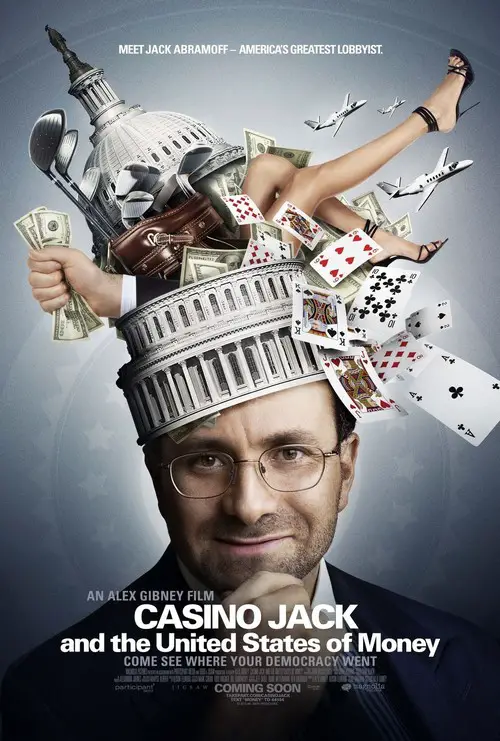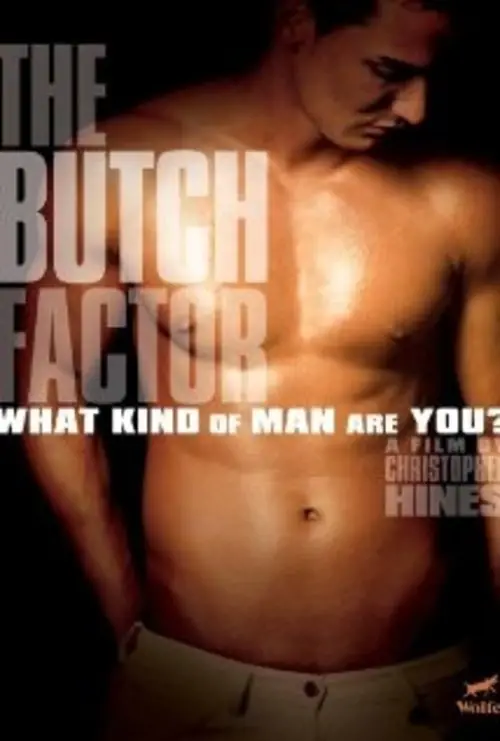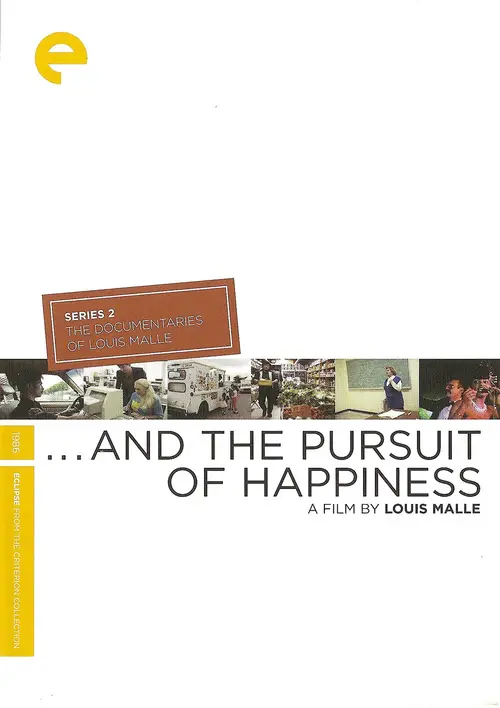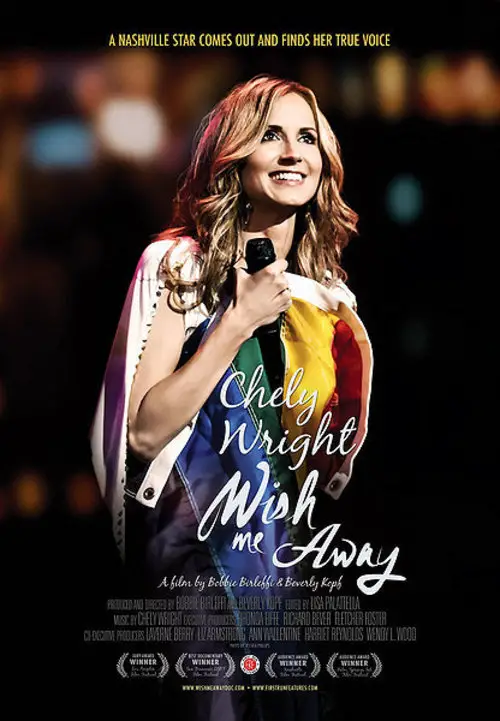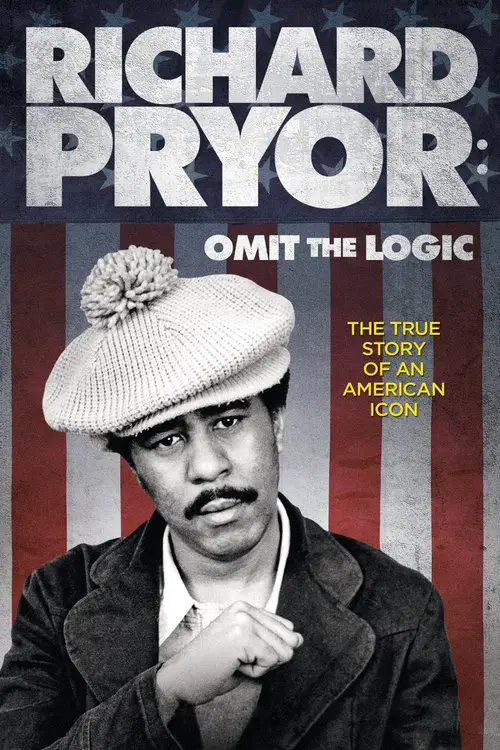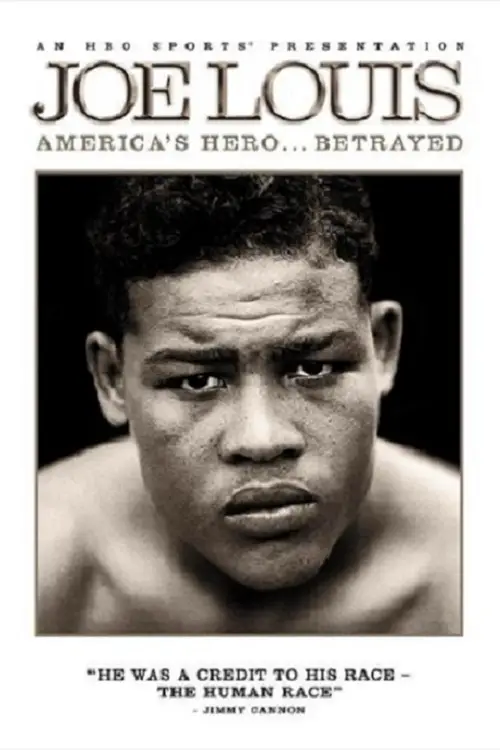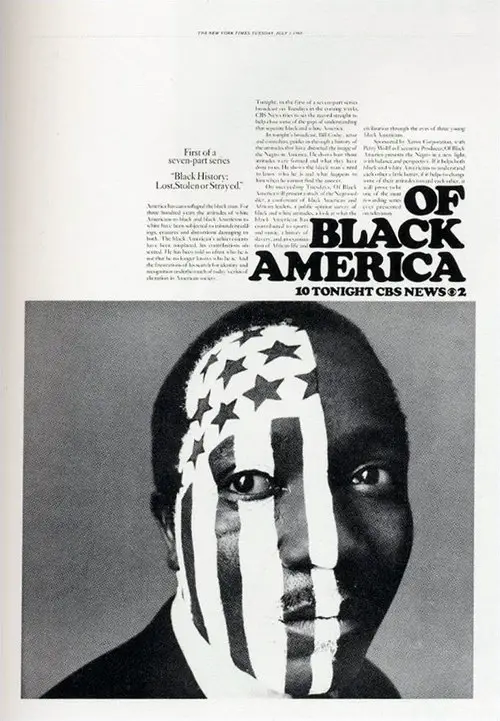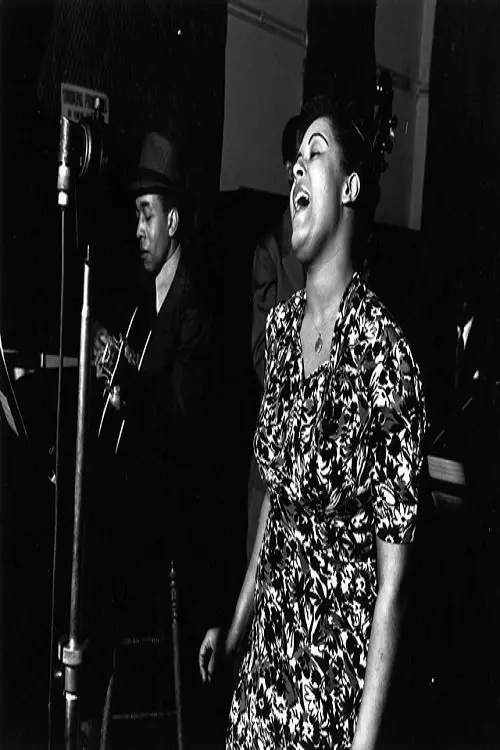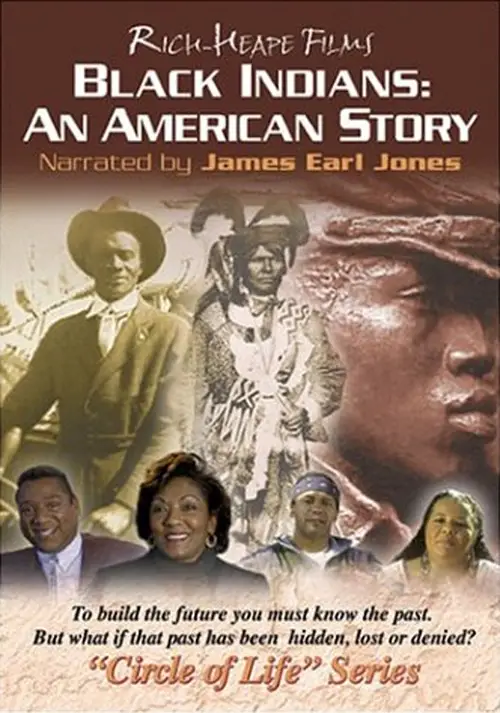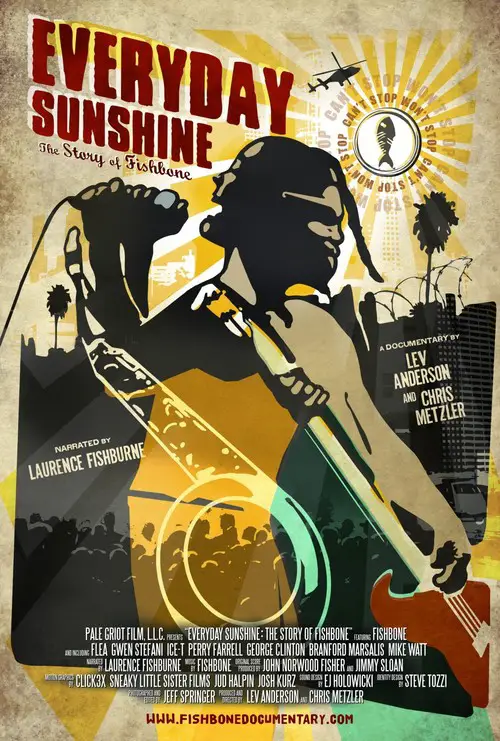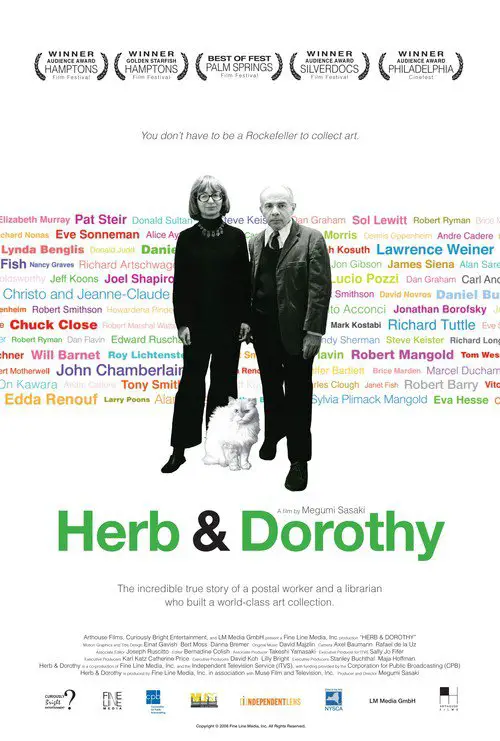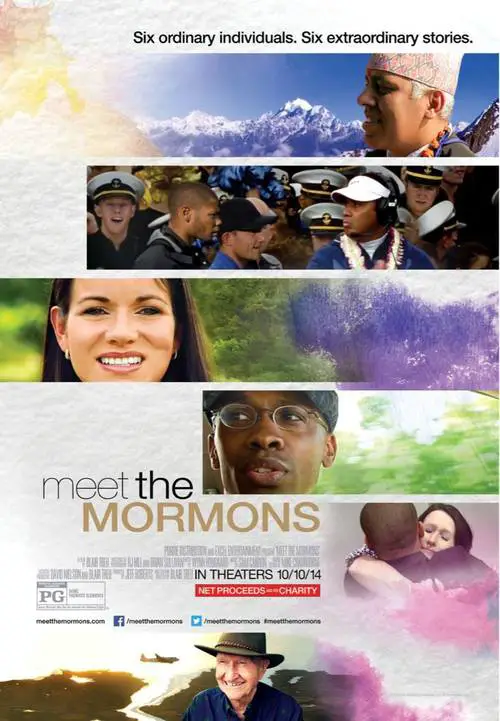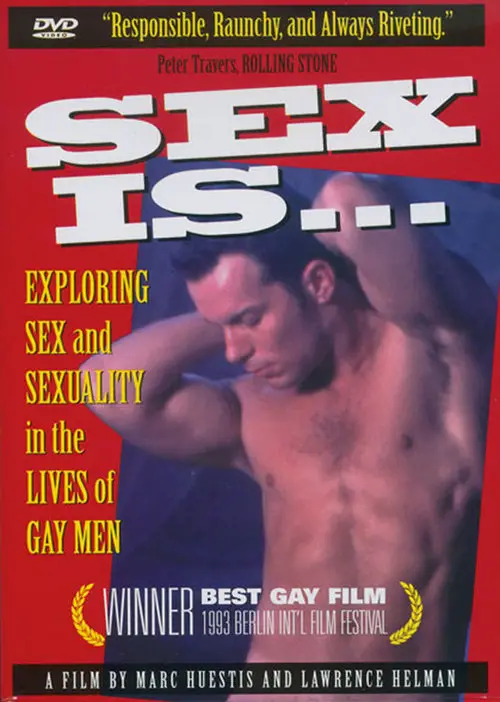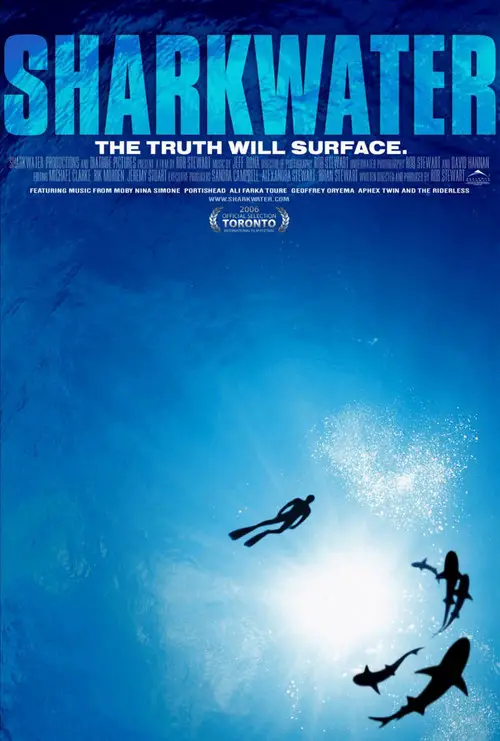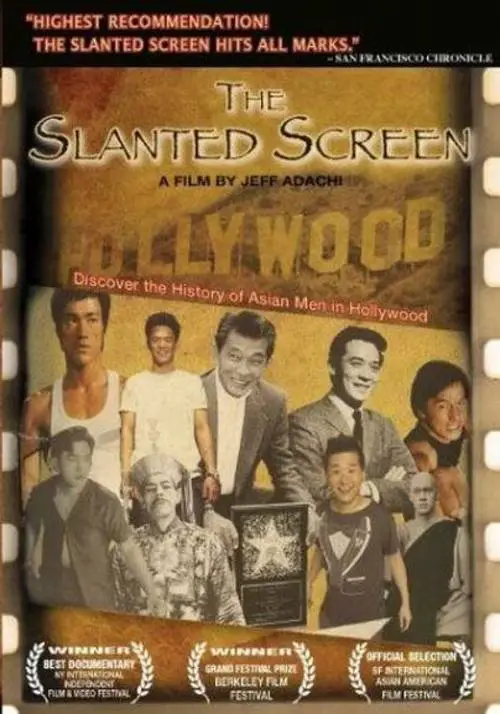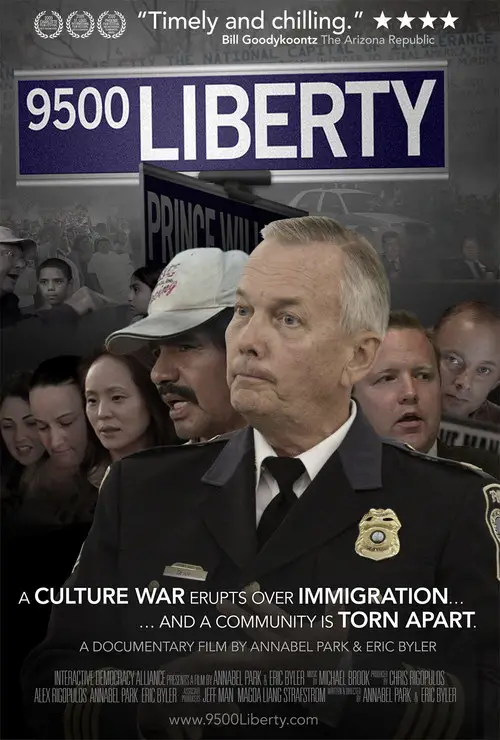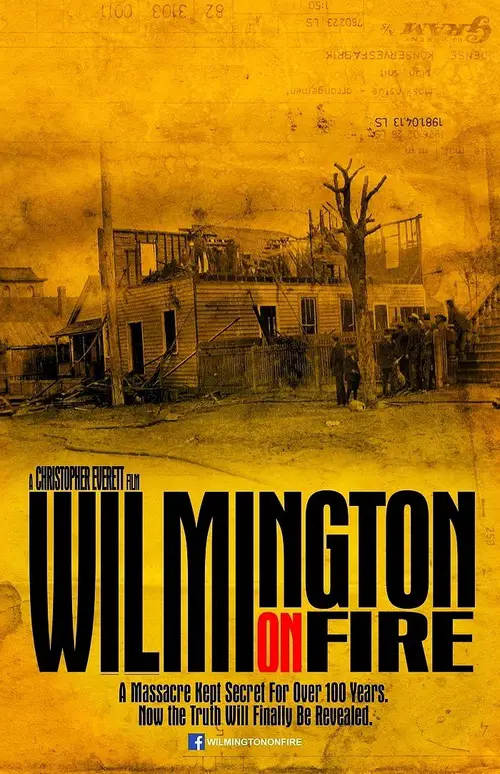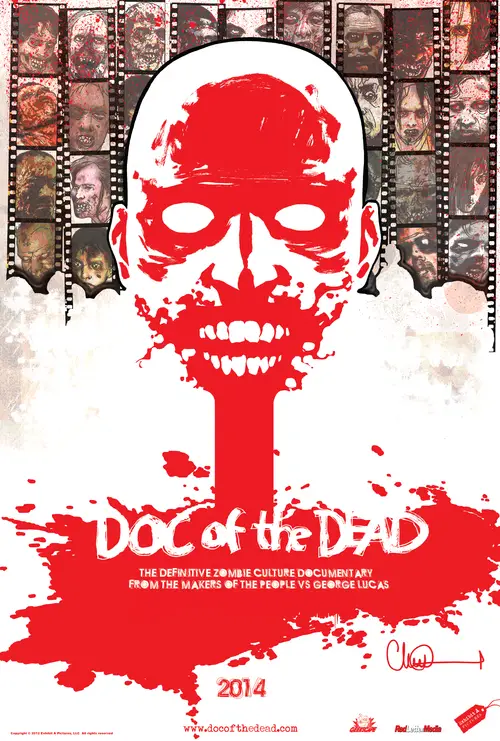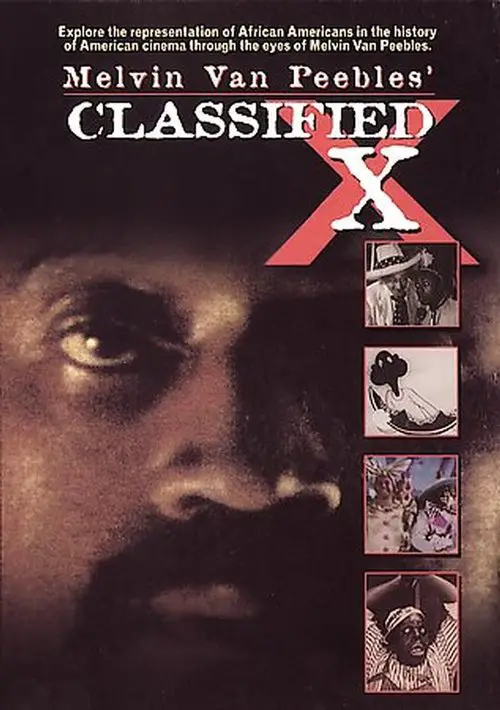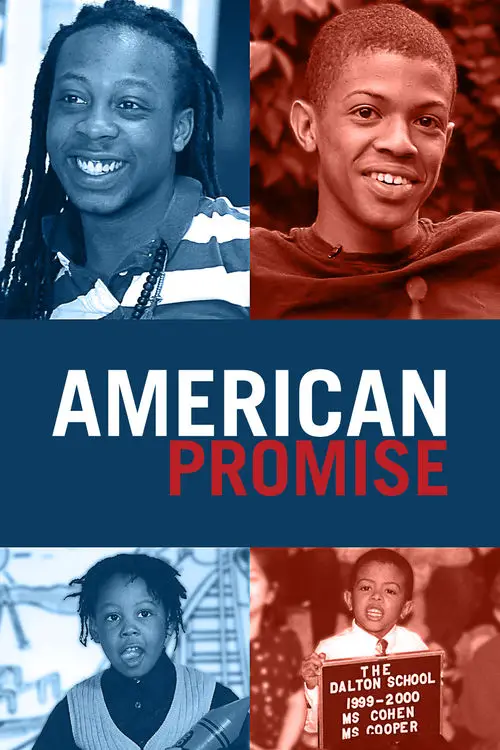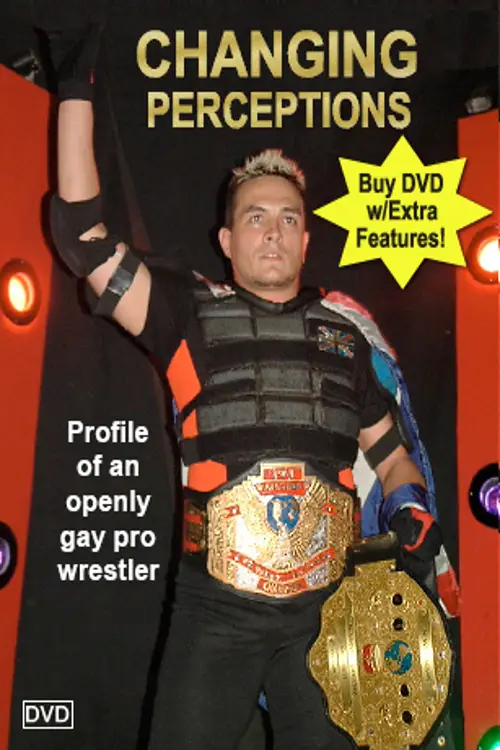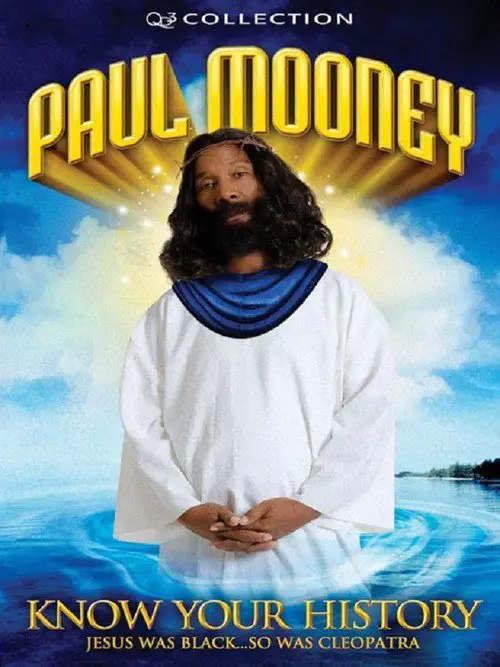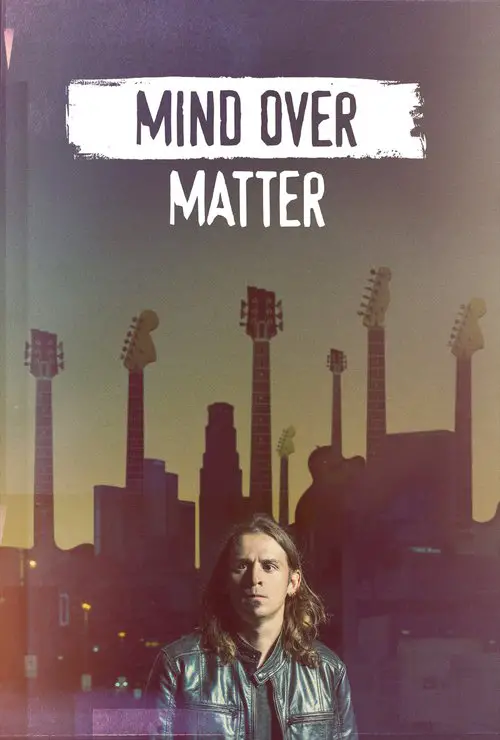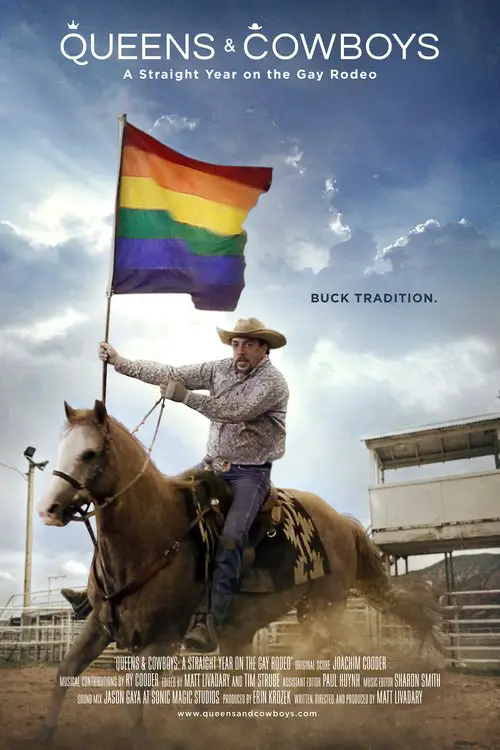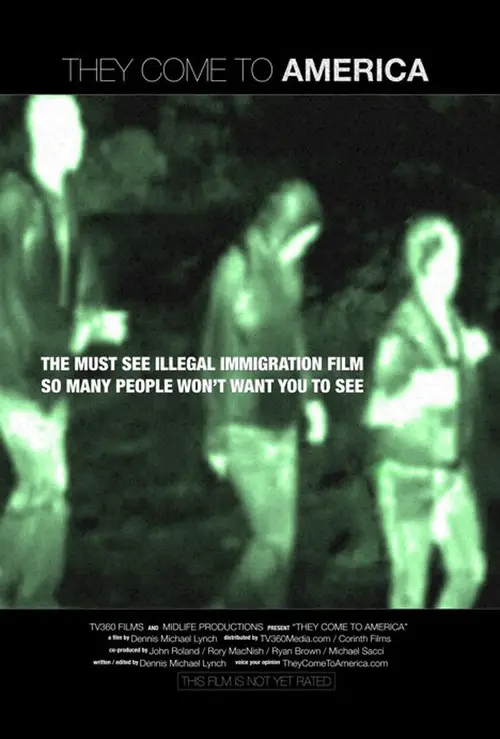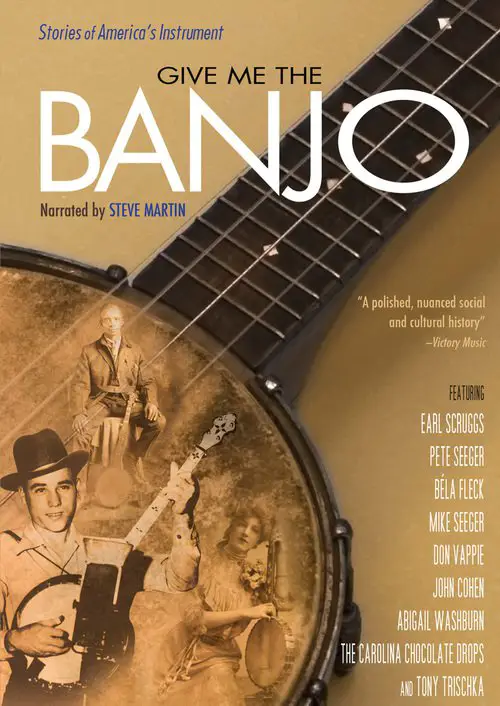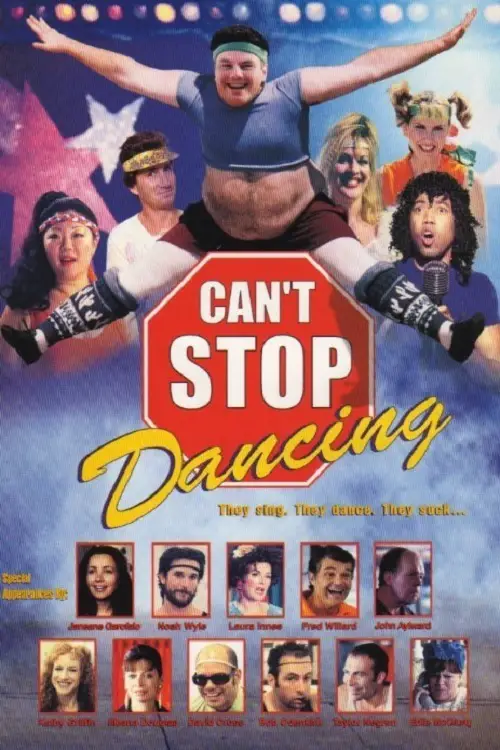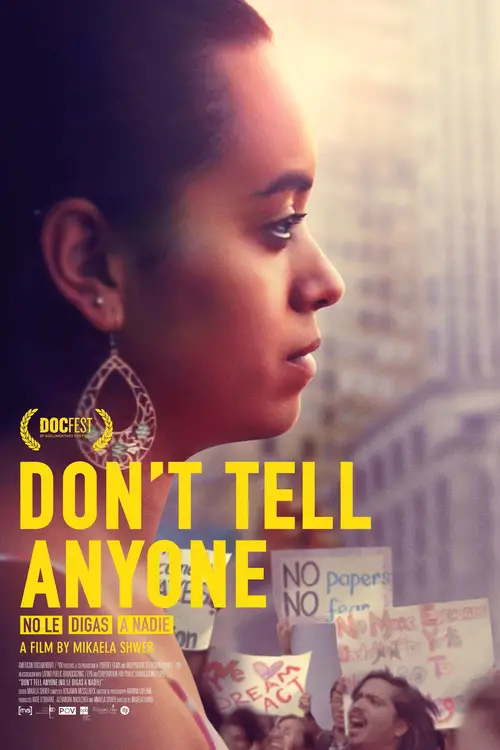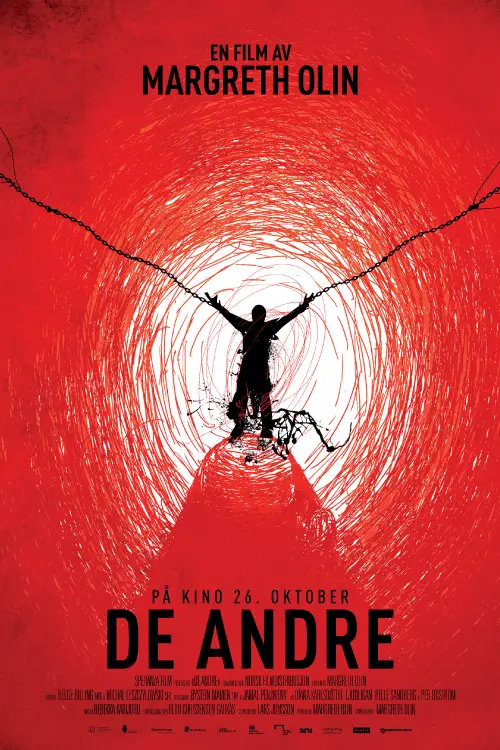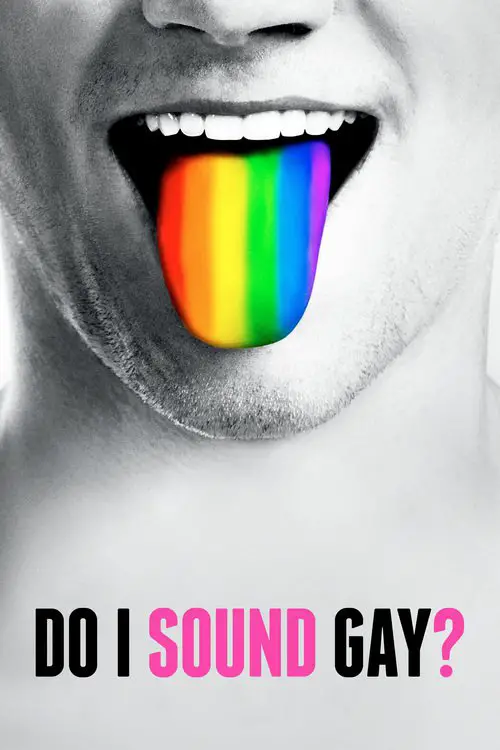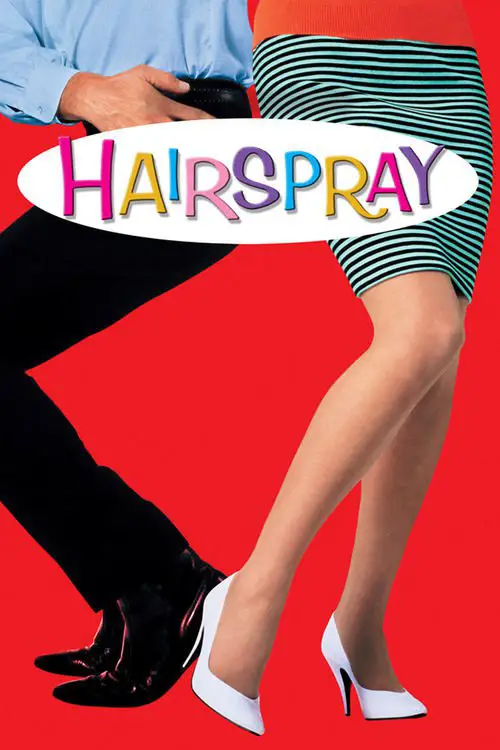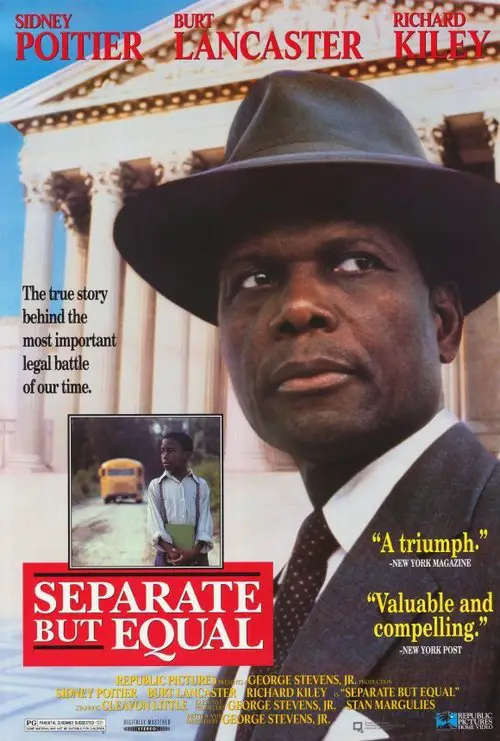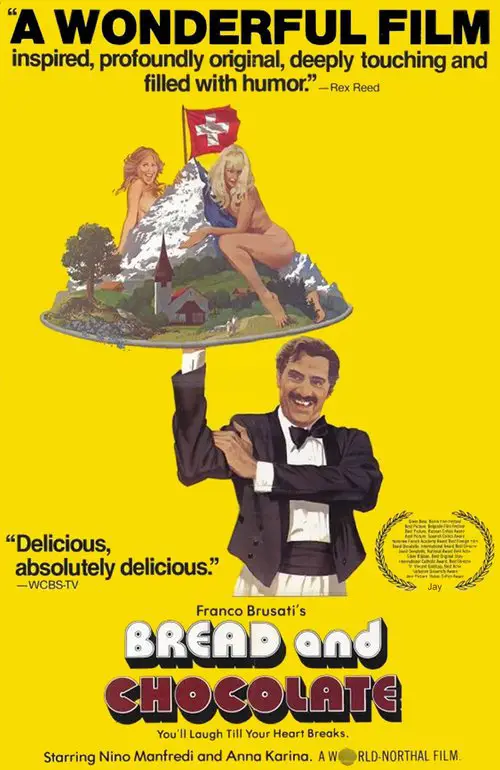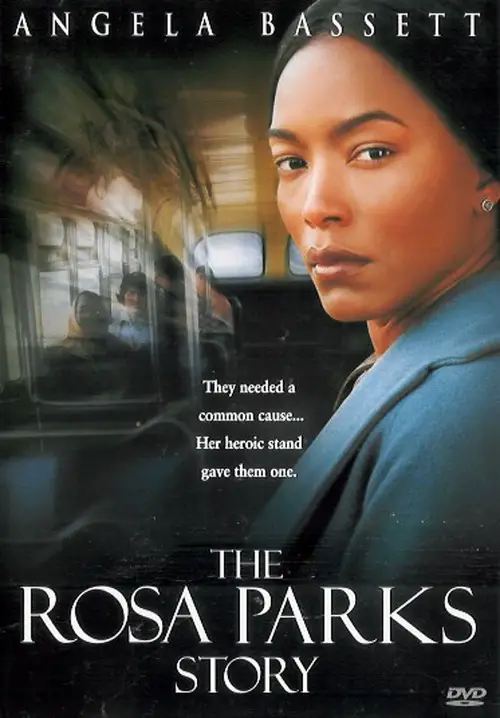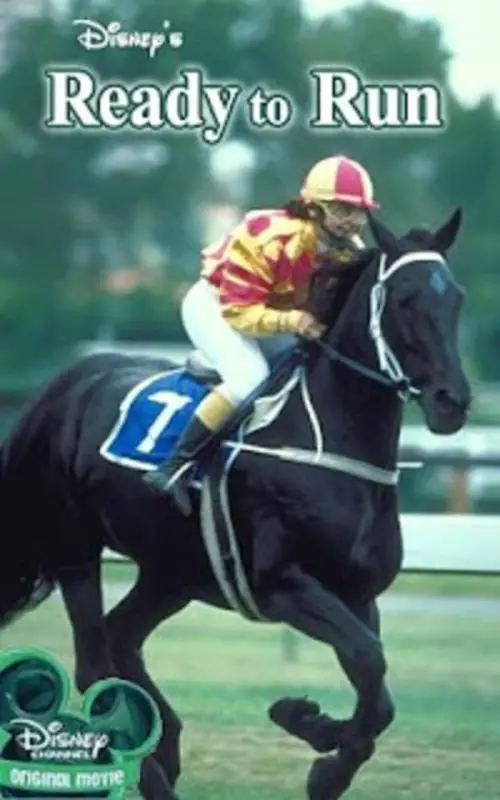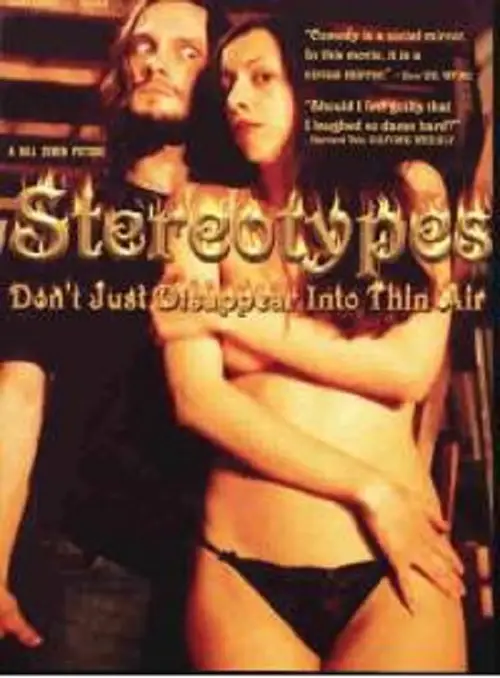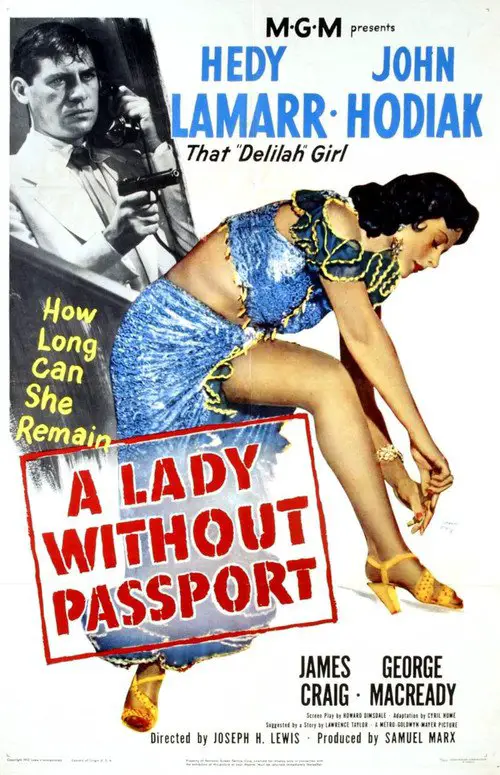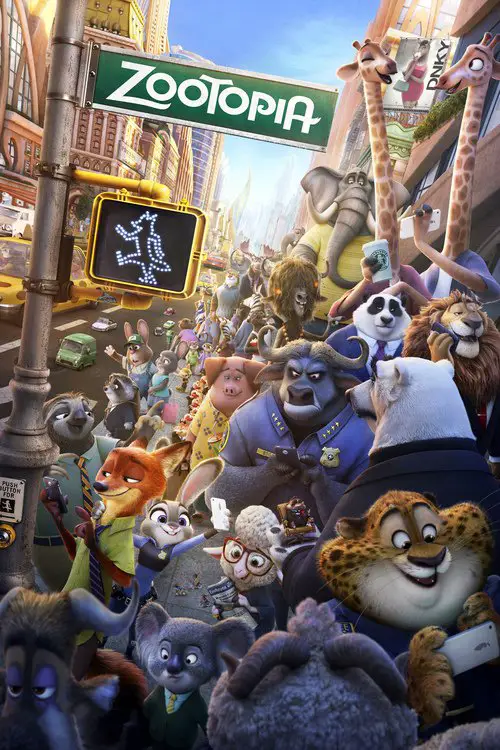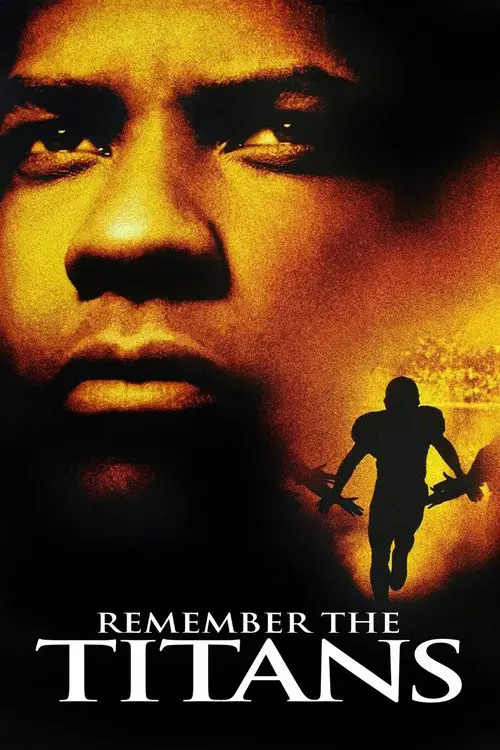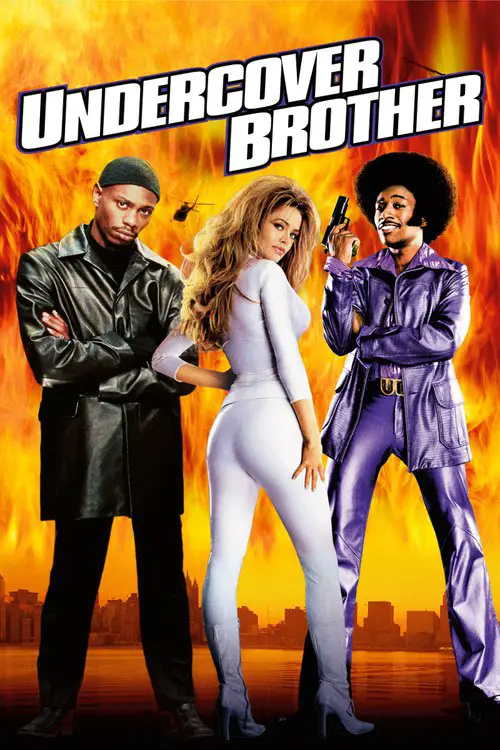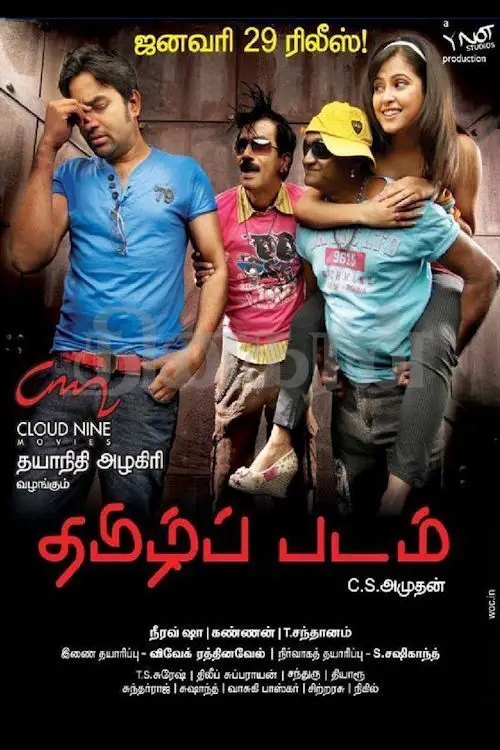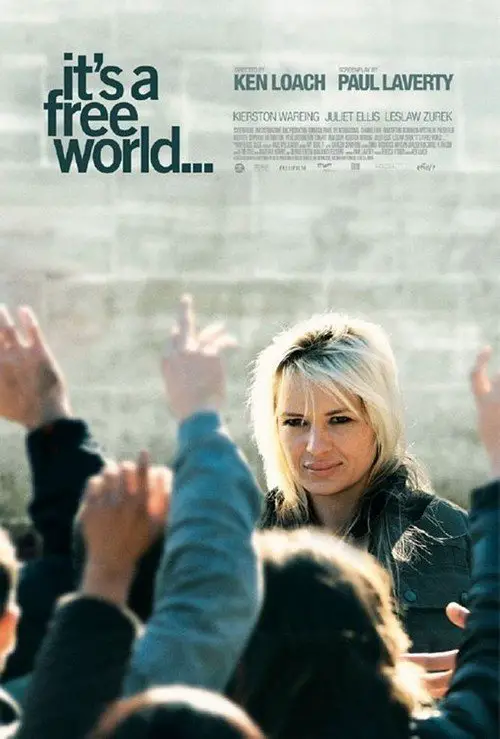Things We Won't Say About Race That Are True (2015)
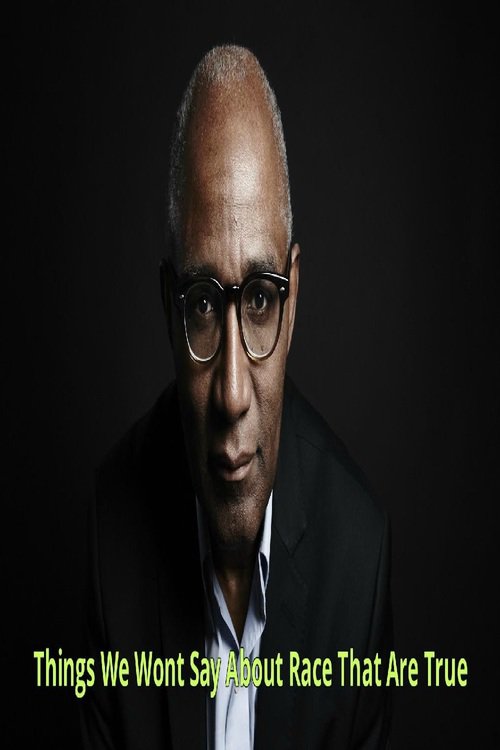
Similar movies
Eight North American men, two African American, two Latinos, two Asian American and two Caucasian, were gathered by director Lee Mun Wah for a dialog about the state of race relations in America as seen through their eyes. The exchanges are sometimes dramatic, and put in plain light the pain caused by racism in North America.
During a two-day period before and after the University of Alabama integration crisis, the film uses five camera crews to follow President John F. Kennedy, attorney general Robert F. Kennedy, Alabama governor George Wallace, deputy attorney general Nicholas Katzenbach and the students Vivian Malone and James Hood. As Wallace has promised to personally block the two black students from enrolling in the university, the JFK administration discusses the best way to react to it, without rousing the crowd or making Wallace a martyr for the segregationist cause.
What does mean to be gay and be a man? There's no straight answer for sure. From the Castro culture of the 1970s to todayâs Bears and gym rats, this fascinating investigation of gay men and sexuality blows the lid off old stereotypes and showcases a battalion of interviewees including muscle men, rodeo riders, rugby players and cops. The men speak candidly on topics from homophobia to metrosexuality to embracing effeminacy as they reveal what it means to be a gay man in America today.
What "That's Entertainment" did for movie musicals, "The Celluloid Closet" does for Hollywood homosexuality, as this exuberant, eye-opening movie serves up a dazzling hundred-year history of the role of gay men and lesbians have had on the silver screen. Lily Tomlin narrates as Oscar-winning moviemaker Rob Epstein (The Times of Harvey Milk and Common Threads: Stories from the Quilt) and Jeffrey Friedman assemble fabulous footage from 120 films showing the changing face of cinema sexuality, from cruel stereotypes to covert love to the activist triumphs of the 1990s. Tom Hanks, Susan Sarandon, Whoopi Goldberg, Tony Curtis, Harvey Fierstein and Gore Vidal are just a few of the many actors, writers and commentators who provide funny and insightful anecdotes.
In 1986, Louis Malle, himself a transplant to the United States, set out to investigate the ever-widening range of immigrant experience in America. Interviewing a variety of newcomers (from teachers to astronauts to doctors) in middle- and working-class communities from coast to coast, Malle paints a generous, humane portrait of their individual struggles in an increasingly polyglot nation.
A historical analysis of how groups such as the Naziâs may use language, symbols, and religious connotation in order to come to power. It raises questions that deserve in depth analysis and consideration. Questions include: Where do legends expand our thinking and where do they bury it? When does spiritual pursuit suddenly turn into fanaticism and violence? Last, have we as a society learned from our past, and if so have forgotten the lessons of the 20th Century? Are we now embarking on a new level only to learn the same old lessons about humanity again? In addressing these questions we are taken into the back drop of the history of Germany beginning in the late 1800âs through the late 20th Century at the eve of the 21st. âA society that does not take archetypes, myths, and symbols seriously will possibly be jumped by them from behind.â
After a lifetime of hiding, Chely Wright becomes the first commercial country music singer to come out as gay, shattering cultural stereotypes within Nashville, per conservative heartland family and, most importantly, within herself. With unprecedented access over a two-year period, including her private video diaries, the film layers Chely's rise to fame while hiding in the late 90's with the execution of her coming out plan, culminating in the exciting moment when she steps into the media glare to reveal she is gay. The film shows both the devastation of internalized homophobia and the transformational power of living an authentic life. The film also documents the conflicting responses from Nashville, the heartland and the LGBT community as Chely Wright prepares for an unknown future.
This moving portrait of legendary comedian Richard Pryor chronicles his life from his troubled youth in Peoria, Illinois, to his meteoric rise as one of the most respected comic actors of the 20th century. Often misunderstood during the height of his celebrity, the late superstar has never been profiled this extensively. Marina Zenovichâs revealing and entertaining film lays bare the demons with which he struggled and reminds us just how daring and dangerous artistic freedom can be.
An American story. Traces the career of Joe Louis (1914-1981) within the context of American racial consciousness: his difficulty getting big fights early in his career, the pride of African-Americans in his prowess, the shift of White sentiment toward Louis as Hitler came to power, Louis's patriotism during World War II, and the hounding of Louis by the IRS for the following 15 years. In his last years, he's a casino greeter, a drug user, and the occasional object of scorn for young Turks like Muhammad Ali. Appreciative comment comes from boxing scholars, Louis's son Joe Jr., friends, and icons like Maya Angelou, Dick Gregory, and Bill Cosby.
Did you know that the first open-heart surgery was performed by a Black doctor, Daniel Hale Williams? Not many people did in 1968, the year this eye-opening film, narrated by Bill Cosby, was first released. Many still don't today. "Black History: Lost, Stolen or Strayed" reviews the numerous contributions of African-Americans to the development of the United States. From the perspective of the turbulent late 1960s, the fact that their positive roles had not generally been taught as part of American history, coupled with the pervasiveness of derogatory stereotypes, was evidence of how Black people had long been victims of negative attitudes and ignorance. Viewing this film today offers students and adults an opportunity to explore their own perspectives - to examine how things have changed in their lives and those of their parents, as well as how troubling stereotypes still persist four decades later.
In 1937, after seeing a photo depicting the lynching of a black man in the south, Bronx-born high school teacher Abel Meeropol wrote a poem entitled "Strange Fruit" that begins with the words: "Southern trees bear a strange fruit / Blood on the leaves and blood at the root." He set the poem to music and a few years later convinced Billy holiday to record it in a legendary heartbreaking performance. Intertwining jazz genealogy, biography, performance footage, and the history of lynching, director Joel Katz fashions a fascinating discovery of the lost story behind a true American classic. Written by Excerpted from Coolidge Corner Theatre Program Update
James Earl Jones narrates this examination of the historical relationship between American Indians and African-Americans, who often merged their cultures to work and live together while mainstream white society shunned them. Through illuminating anecdotes and interviews, descendants of fused black and Indian families discuss the complications of their mixed heritage and how their culture was largely erased on official documents.
.From the shifting faultlines of Hollywood fantasies and the economic and racial tensions of Reagan's America, Fishbone rose and became one of the most original bands of the last 25 years. With a blistering combination of punk and funk they demolished the walls of genre and challenged the racial stereotypes and the political order of the music industry and of the nation. EVERYDAY SUNSHINE is about music, history, fear, courage and funking on the one.
He was a postal clerk. She was a librarian. With their modest means, the couple managed to build one of the most important contemporary art collections in history. Meet Herb and Dorothy Vogel, whose shared passion and disciplines and defied stereotypes and redefined what it means to be an art collector.
Meet the Mormons examines the very diverse lives of six devout Mormons. Filmed on location and across the globe, Meet the Mormons takes viewers on a journey into the day-to-day realities of individuals living in the U.S., Costa Rica, Nepal and beyond. From their individual passions to their daily struggles, each story paints a picture as rich and unique as the next while challenging the stereotypes that surround the Mormon faith.
Marc Huestis edits interviews with 15 men, including himself, around a set of topics starting with "what is sex?" The men are gay, living in or near San Francisco. They talk about their first sexual experiences, the gay scene in San Francisco in the late 1970s, the pall cast by AIDS, the safe-sex movement, getting into serious relationships, the illness and death of partners, pornography, S/M and pain, race and stereotypes, personal fantasies, and bliss. Huestis has a thesis, that sex is going to be with us, so how best do we embrace it? His 15 subjects, archival footage, clips from porn films, and close-up looks at men loving men flesh out various answers.
"When Prince William experienced a major building boom in the 1990s, a shortage of labor created a demand for workers, which led to an increase in the Latino population. Some of the newcomers were legal immigrants. Some were not. A blogger named Greg Letiecq began to write about his unhappiness with hearing Spanish spoken in public places. Finding an audience, he fomented about rising crime rates, rising taxes to pay for services for the newcomers, overcrowded dwellings, music played too loud, fast driving, and so on. He included Latino crime reports from the local police blotter. He even claimed armed members of the Mexican revolutionary group Zapatistas were moving to Prince William County." - Roger Ebert
"Wilmington on Fire" is a feature-length documentary that gives a historical and present day look at the Wilmington Massacre of 1898 and how the descendants of the victims of the event are asking for legal action in regards to compensation. The Wilmington Massacre of 1898 was a bloody attack on the African-American community by a heavily armed white mob on November 10, 1898 in the port city of Wilmington, North Carolina. It is also considered one of the only examples of a violent overthrow of an existing government (coup d'etat) and left countless numbers of African-American citizens dead. This event was the springboard for the white supremacy movement and Jim Crow (segregation) throughout the state of North Carolina, and the American South.
In 1999, filmmakers Joe Brewster and Michèle Stephenson turned the camera on themselves and began filming their five-year-old son, Idris, and his best friend, Seun, as they started kindergarten at the prestigious Dalton School just as the private institution was committing to diversify its student body. Their cameras continued to follow both families for another 12 years as the paths of the two boys divergedâone continued private school while the other pursued a very different route through the public education system.
Few comedians can stir up controversy like the legendary Paul Mooney -- writer for Richard Pryor, creator of In Living Color's Homey the Clown and featured guest on Chappelle's Show. With his characteristic brutal honesty, Mooney passionately and hysterically charges into the electrified currents of racial tension. In this magnificent standup performance at Hollywood's Laugh Factory, Mooney earns a standing ovation with his relentless no-holds-barred observations on black history, stereotypes and prejudices, living in White America, celebrity divas and much, much more!
QUEENS & COWBOYS: A STRAIGHT YEAR ON THE GAY RODEO chronicles a complete season of the International Gay Rodeo Association. Roping and riding across north America for the past 30 years, the IGRA's courageous cowboys and cowgirls brave challenges both in and out of the arena on their quest to qualify for the World Finals at the end of the season. And along the way, they'll bust every stereotype in the book.
Documents the true story of the final weeks of rehearsal for the Young at Heart Chorus in Northampton, MA and many of whom must overcome health adversities to participate. Their music going against the stereotype of their age group. Although they have toured Europe and sang for royalty, this account focuses on preparing new songs for a concert in their home town.
The Banjo Project is a cross-media cultural odyssey: a major television documentary, a live stage/multi-media performance, and a website that chronicle the journey of Americaâs quintessential instrumentâthe banjoâfrom its African roots to the 21st century. Itâs a collaboration between Emmy-winning writer-producer Marc Fields and banjo virtuoso Tony Trischka (the Projectâs Music Director), one of the most acclaimed acoustic musicians of his generation.
A Topeka, Kansas fun park dance troupe led by a 260 pound dancer (Ben Zook) learns that the park is going to close. Their leader convinces the group, now named "The Stupendous Six", to join him in a painted up bus and to hit the road to find the big time. The Six compete against other dancers to win a chance to compete in the grand finale at the Little Miss Orange County Beauty Pageant. The other members of the Six are Melanie Hutsell as an airhead, Margaret Cho as a oral fixated sex maniac, Brett Paesel as the leader's homosexual lover, Bruce Daniels as the African-American member with a penchant for misuse of black slang, and Michael Irpino as another more stereotypical gay dancer. Lots of cameos from tv stars occur in the various dance numbers. But this comedy does take most of its cues from "The Full Monty" rather than from other major dance films.
In 2009 the Norwegian government introduced several measures to restrict immigration. One of the measures was to provide unaccompanied asylum seeking children temporary residence permits. They should be returned to their country of origin when they turn 18. In Norway child welfare custody of their children without close caregivers. This does not apply to unaccompanied asylum-seeking children between 15 and 18 years.
Ample teen Tracy Turnblad wants nothing more than to be on the hip local TV dance program, "The Corny Collins Show" -- and when her dream comes true, her lively moves and bubbly personality meet with unexpected popularity. But after witnessing firsthand the terrible state of race relations in 1960s Baltimore, Turnblad becomes an outspoken advocate for desegregation.
Monologuist and provocateur Carlos Mencia covers -- with refreshing candor -- taboo topics that run the gamut from ethnic stereotypes and race relations to immigration, war, patriotism, capitalism and family. Mencia represents the small voice inside all of us that demands we admit to thinking what he has the cojones to say out loud. You'll laugh, get red-faced in embarrassment and, most of all, pause to contemplate what Mencia has said.
A dramatization of the American court case that destroyed the legal validity of racial segregation. One of the most pivotal moments in 20th century American history is bracingly dramatized in Separate but Equal. In telling the detailed story of the Supreme Court's 1953 decision to abolish racial segregation in schools, this superb 1991 TV movie covers a broad spectrum of issues, never taking its "eyes off the prize" while its first-rate cast conveys the importance of the Supreme Court's ultimately unanimous decision.
Aspiring actor and hot-dog stand employee Bobby Taylor catches the ire of his grandmother for auditioning for a role in the regrettably titled exploitation film "Jivetime Jimmy's Revenge." When Tinseltown Studios casts Taylor in the title role, he has a series of conflicted dreams satirizing African-American stereotypes in Hollywood, and must reconcile his career goals with his desire to remain a positive role model for his little brother.
Immigrants from around the world enter Los Angeles every day, with hopeful visions of a better life, but little notion of what that life may cost. Their desperate scenarios test the humanity of immigration enforcement officers. In Crossing Over, writer-director Wayne Kramer explores the allure of the American dream, and the reality that immigrants find â and create -- in 21st century L.A.
Jay Brooks is that black guy who digs indie rock, graphic novels, and dates white chicks. After a slew of bad break-ups, Jay gives up white women, "cold turkey," and he goes on a mission: "Operation Brown Sugar". But because Jay doesn't fit the "brotha" stereotype, he fails miserably with the "sistahs." Then he meets the dynamic Catherine, a misunderstood "Half-rican Canadian", who's as righteously quirky as he is. To win her heart, Jay must confront his fears as he realizes commitment is a bigger issue than race.
An urban hotel in London is a gathering and flash point for legal and illegal immigrants attempting to cobble together their lives in a new country. The immigrants include Senay, a Turkish woman, and a Nigerian doctor named Okwe who is working as a night porter at the hotel. The pair discover the hotel is a front for all sorts of clandestine activities. Their only wish is to avoid possible deportation. Okwe becomes more entangled in the goings on when he is called to fix a toilet in one of the rooms. He discovers the plumbing has been clogged by a human heart.
Remember the Titans is a celebration of how a town torn apart by resentment, friction, and mistrust comes together in triumphant harmony. The year is 1971. After leading his team to 15 winning seasons, football coach Bill Yoast (Will Patton) is demoted and replaced by Herman Boone (Denzel Washington), tough, opinionated, and as different from the beloved Yoast as he could be. How these two men overcome their differences and turn a group of hostile young men into champions, plays out in a story full of soul and spirit.
An Afro-American organization, the B.R.O.T.H.E.R.H.O.O.D., is in permanent fight against a white organization "The Man" defending the values of the black people in North America. When the Afro-American candidate Gen. Warren Boutwell behaves strangely in his presidential campaign, Undercover Brother is hired to work undercover for "The Man" and find what happened with the potential candidate.
Thamizh Padam is a 2010 Indian Tamil language spoof film written and directed by debutant C. S. Amudhan. The film stars Shiva and Disha Pandey in the lead roles. The film's plot parodies contemporary commercial films in Tamil cinema, mocking the stereotypical scenes.[3][4]. The film was distributed by Dhayanidhi Alagiri's Cloud Nine Movies, and it was released on 29 January 2010 and won critical acclaim and commercial success at the box office.
The film focuses on Angie (Kierston Wareing), a working class woman who, after being fired by the agency that she works for, decides to set up a recruitment agency of her own, running it from her kitchen with her friend Rose (Juliet Ellis). Taking advantage of the desperation of immigrants, Angie is able to build a successful business extremely quickly.
© Valossa 2015–2026
| Privacy Policy
